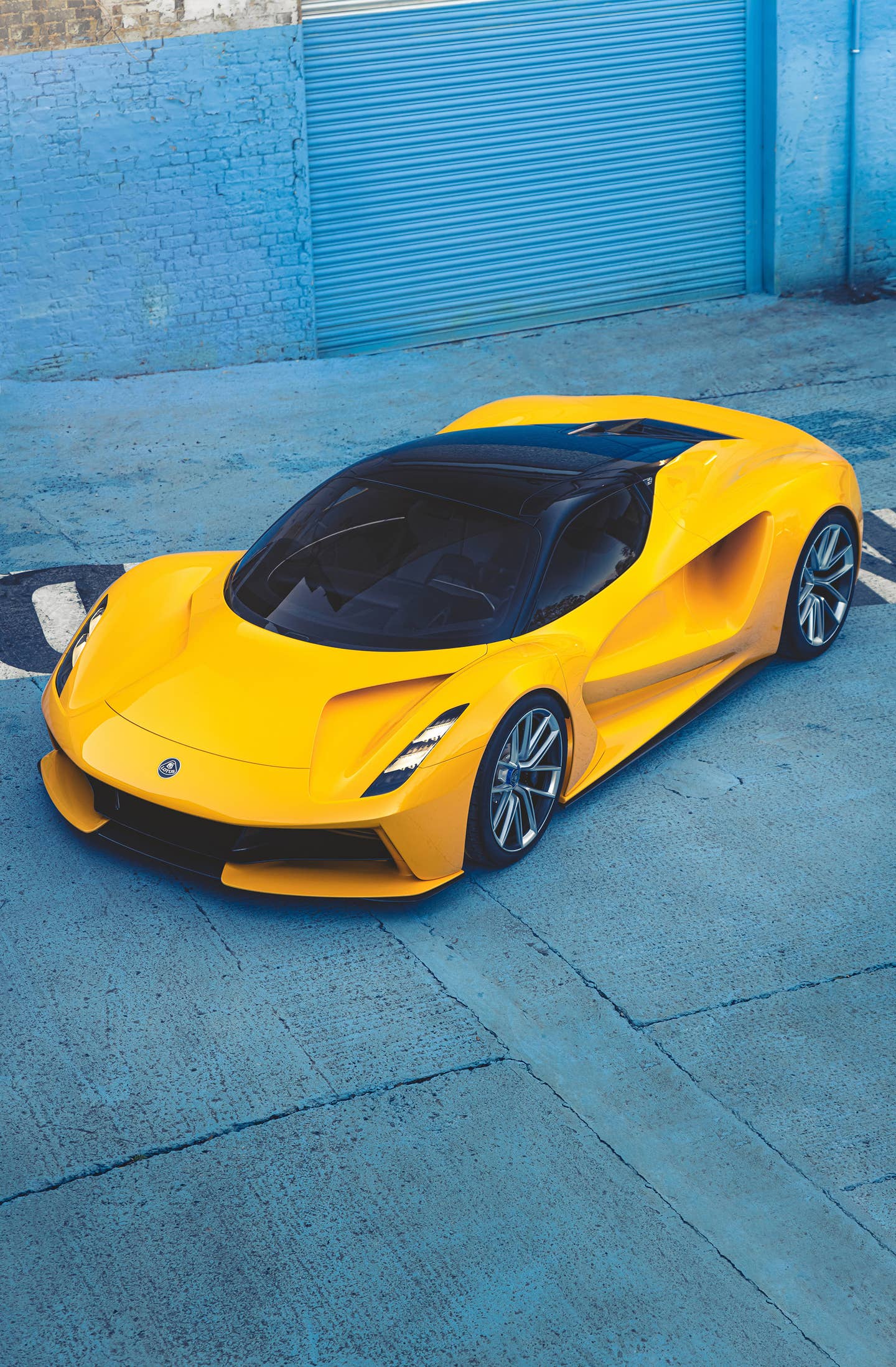Lotus has been exploring the creation of a nimble SUV ever since introducing its APX (Aluminium Performance Crossover) concept in 2006. The enduring legacy of Colin Chapman remains a core focus. However, the landscape shifted significantly following Porsche’s Cayenne launch in 2002, demonstrating the profit potential of SUVs, particularly for prestigious brands like Lotus. Under new guidance within the Geely empire, Lotus now ventures into the electric vehicle realm alongside plans for an enhanced hybrid iteration of the Esprit, as reported by Autocar. Of primary interest is the internally named Lambda SUV slated for its debut in 2022.
The publication delves into the technical specifics that originally hinted at a hybrid, but now the Lotus SUV could boast dual motors generating a combined 750 horsepower and a substantial lithium-ion battery capacity for an impressive 360-mile range. Intending to tap into the burgeoning EV markets in China and the United States initially, Lotus might subsequently diversify its lineup by adding a hybrid variant.
Initially teased through Chinese patent images in 2017, the Lotus Lambda prototypes have been sighted near the Hethel facility, concealing their inner workings beneath Lynk & Co 01 crossover body panels. Geely’s various models, including Lynk & Co vehicles and the upscale EV Polestar 2, all leverage the Volvo XC40’s CMA (Compact Modular Architecture) base. Volvo’s own electrified XC40 Recharge, a 408-horsepower powerhouse with a 249-mile range, further underscores this platform’s capabilities.
In a 2017 interview with Top Gear, former Lotus CEO Jean-Marc Gales highlighted the SUV’s goal of being the lightest offering in its segment:
“It will be sleeker, broader, much lighter, and boast superior handling when compared to existing SUVs or crossovers.”
Lotus echoes a similar philosophy with its 3,700-pound electric hypercar, the Evija, and whilst the Evija will roll off the assembly lines at the extensively revamped Hethel complex in England, the anticipated higher-volume production of the Lotus SUV may likely originate from Geely’s new $1.3 billion EV facility in Wuhan, China. It’s worth mentioning Aston Martin’s parallel strategy, as they established an entirely new plant for their maiden SUV venture, the DBX, powered by a twin-turbo AMG V8 engine.
While speculative, a Lotus SUV is undoubtedly imminent, positioning Hethel to unveil a worthy successor to the stellar Evora GT. Under Geely’s stewardship, Lotus has the luxury of selecting cutting-edge technologies from an extensive pool shared with Volvo, Polestar, Lynk & Co, Geely, and The London EV Company, eventually crafting a benchmark in the electric crossover domain. Here’s hoping for a successful outcome.

2021 Lotus Evija, Tom Howarth
Have a scoop to share? Reach out to us at: tips@thedrive.com
